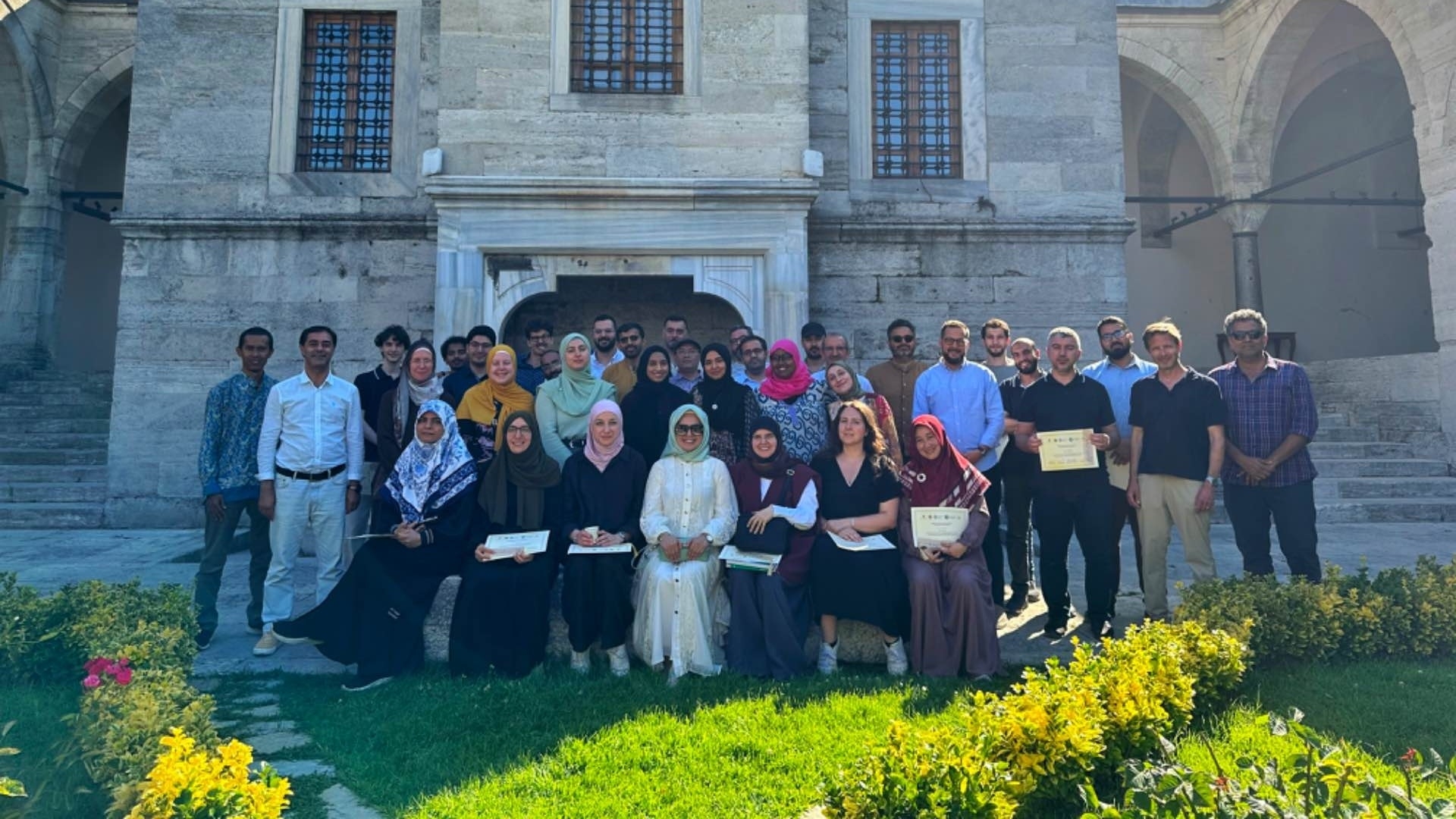


From July 12 to 20, 2025, the Alliance of Civilizations Institute at Ibn Haldun University proudly hosted the first edition of the Inaugural Islamic Studies Summer School (ISSS 2025) under the theme “Islamic Intellectual Traditions: Texts, Contexts, and Futures.” Co-organized with Istanbul University, Leiden University, and the University of Exeter, this pioneering program brought together internationally renowned scholars and a distinguished cohort of graduate students.
The sessions were held at the historic Salis Madrasa, located in the heart of Istanbul's Süleymaniye district. As an Ottoman-era educational complex meticulously restored by Ibn Haldun University, the madrasa provided a unique and inspiring setting where classical Islamic learning met contemporary academic inquiry.
The program drew participants from diverse academic backgrounds—primarily doctoral students—from institutions across the world. Among the countries represented were the United States, Canada, the United Kingdom, the Netherlands, Italy, Finland, Lebanon, and Indonesia. Students came from fields such as Islamic studies, philosophy, theology, sociology, history, and law, and brought with them a rich variety of research interests and intellectual perspectives.
Throughout this intensive, week-long program, participants attended morning lectures by internationally renowned scholars and engaged in afternoon workshops centered around classical Arabic texts. The schedule also included cultural excursions and visits to Istanbul’s historical sites, enriching the academic program with immersive civilizational experiences.
As the first of its kind, ISSS 2025 served as a significant platform for advancing research-oriented, interdisciplinary, and text-based approaches to Islamic intellectual history.
Highlights from the program included:
In the Arabic text workshops, participants closely studied primary sources across hadith, theology, philosophy, and jurisprudence—representing both Sunni and Shi‘i traditions. These sessions encouraged direct textual engagement and cross-traditional learning in an intellectually pluralistic environment.
At the conclusion of the program, participants were awarded official certificates of attendance for their active contribution.